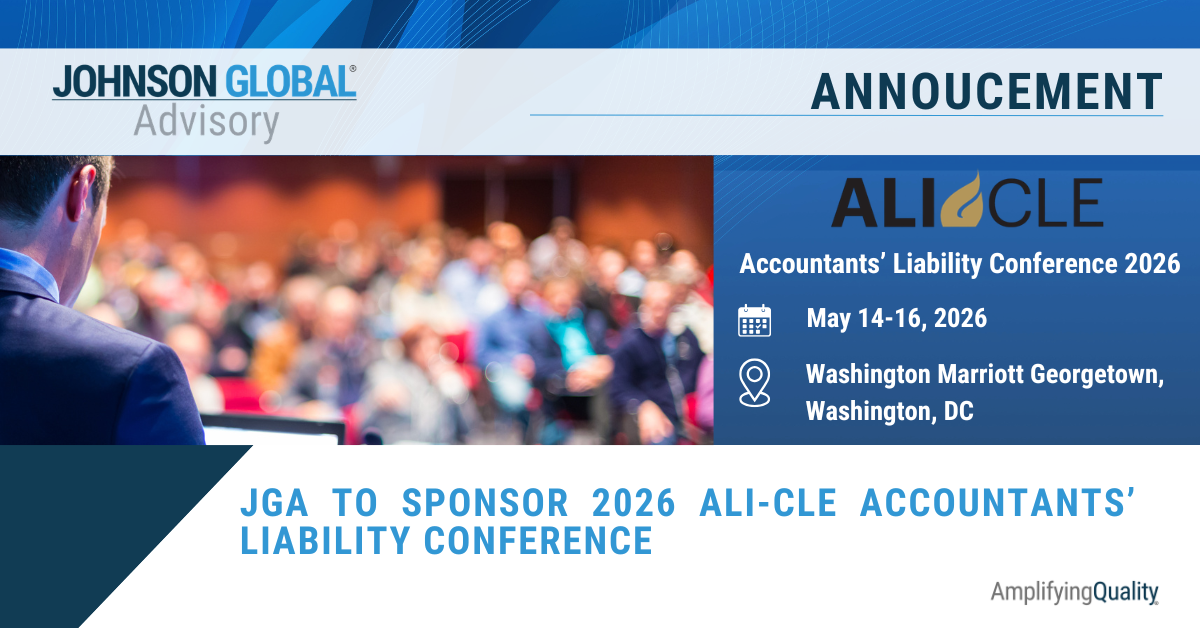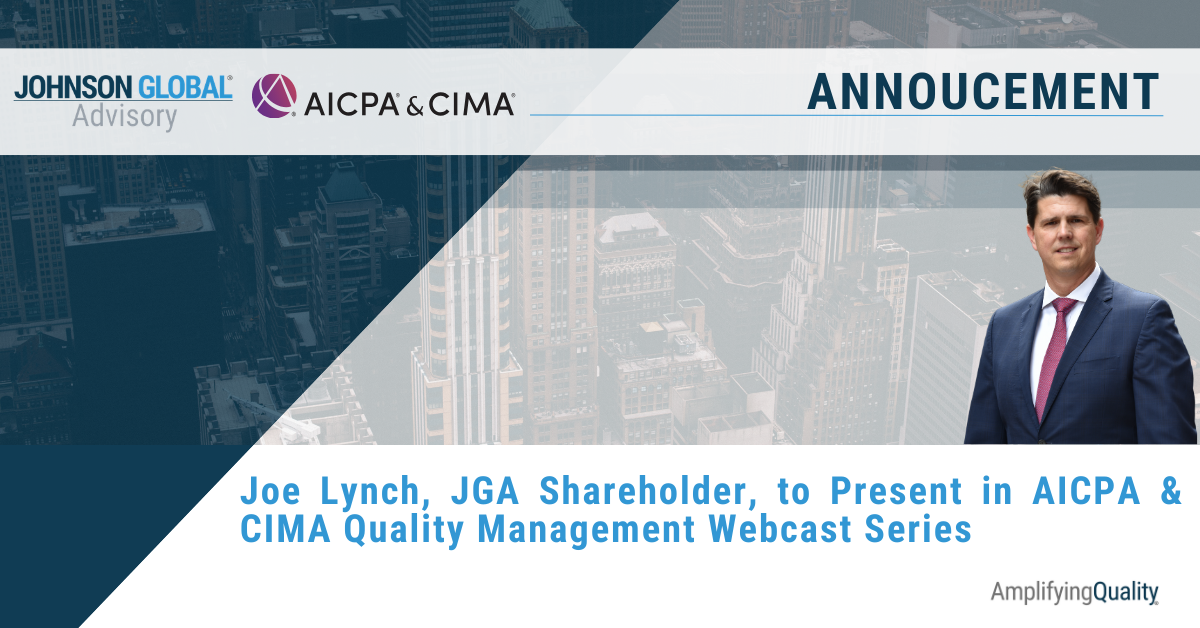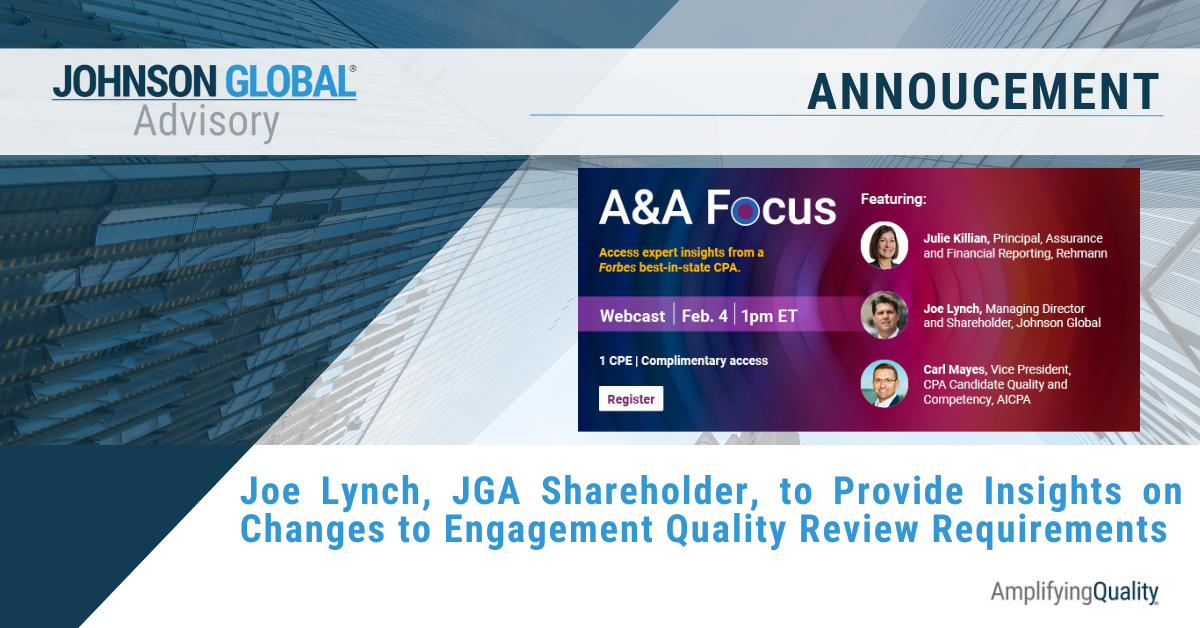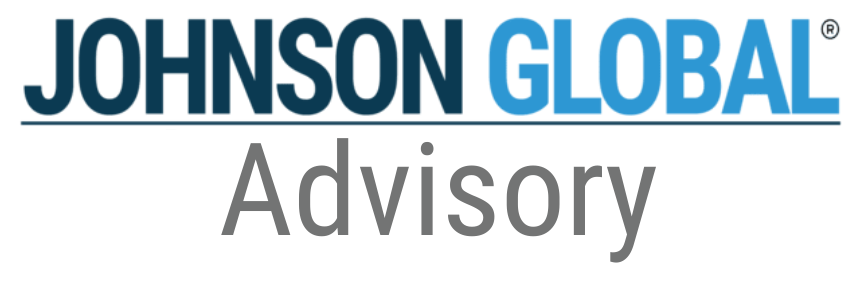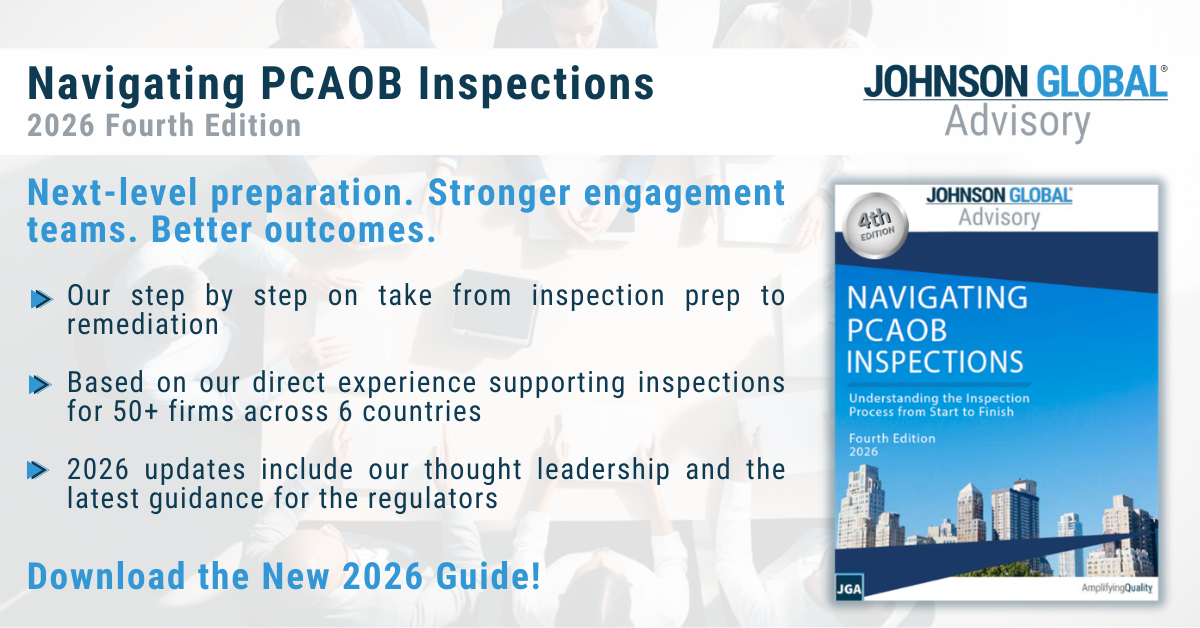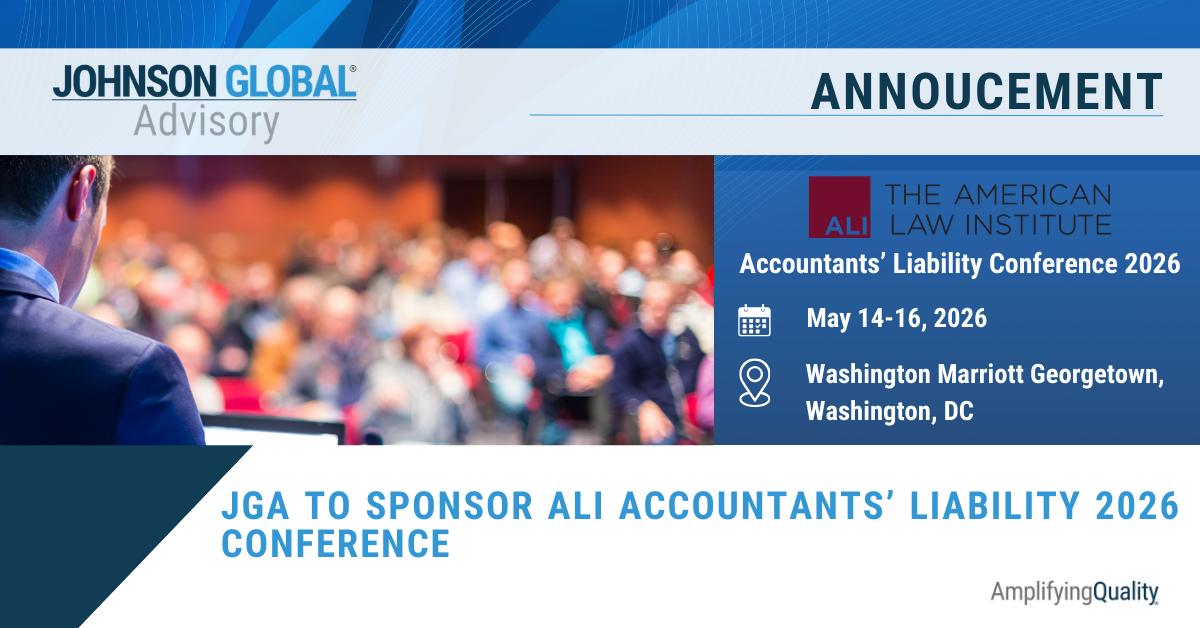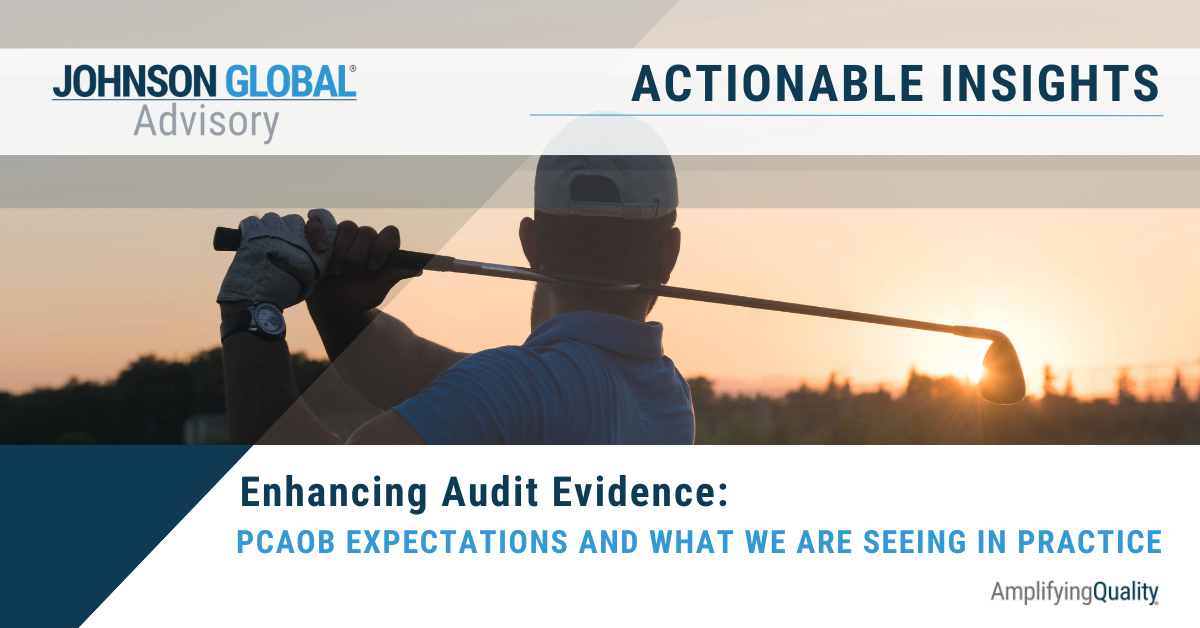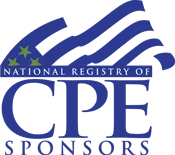By Jackson Johnson
•
February 24, 2026
WASHINGTON, D.C.: — Johnson Global Advisory (JGA) is proud to sponsor the ALI’s Accountants’ Liability 2026 conference hosted by the American Law Institute (ALI). The two‑day program will take place May 14–15, 2026, in Washington, D.C., with a live webcast option available for remote attendees. This annual conference is a premier forum for accounting firm leaders, in‑house counsel, litigators, and regulators to examine the evolving landscape of accountants’ liability, enforcement priorities, and risk management. The 2026 program will explore how recent regulatory, litigation, and technological developments are reshaping the profession and what firms can do to proactively respond. “We are pleased to once again sponsor the ALI Accountants’ Liability Conference,” said Jackson Johnson, President of Johnson Global Advisory. “This event consistently brings together leading regulators, practitioners, and risk professionals to discuss the most pressing liability and oversight issues facing accounting firms today. We value the opportunity to engage with participants and contribute to these important conversations.” The program will feature nationally recognized panels of practitioners, general counsel, industry professionals, and government officials. Planned discussions will address current and emerging challenges facing accounting firms, including: Regulatory and enforcement priorities impacting the accounting profession Recent trends in accounting‑related litigation PCAOB and SEC perspectives on audits, inspections, and gatekeeper liability The impact of AI, cryptocurrency, and emerging technologies on audit quality and firm risk Best practices for navigating an evolving and uncertain regulatory environment Register by April 13, 2026, to attend in-person and use the code “ JGA2026 ” to save $250 off . OR, for webcast attendance, use the code " JOHNSON " to save $125 off the tuition. Click here to register. To learn more about how Johnson Global partners with in-house and outside counsel to support public accounting firms, we invite you to explore our latest brochure. This resource outlines our approach to independent monitoring and consulting, including how we assist firms in navigating PCAOB and SEC investigations, implementing quality control improvements, and responding to regulatory findings. Download the brochure below to see how our experienced team can help your firm meet today’s compliance challenges and build a stronger foundation for the future. Get a copy of our brochure here . About Johnson Global Advisory Johnson Global partners with leadership of public accounting firms, driving change to achieve the highest level of audit quality. Led by former PCAOB and SEC staff, JGA professionals are passionate and practical in their support to firms in their audit quality journey. We accelerate the opportunities to improve quality through policies, practices, and controls throughout the firm. This innovative approach harnesses technology to transform audit quality. Our team is designed to maintain a close pulse on regulatory environments around the world and incorporates solutions which navigates those standards. JGA is committed to helping the profession in amplifying quality worldwide. Visit www.johnson-global.com to learn more about Johnson Global.
